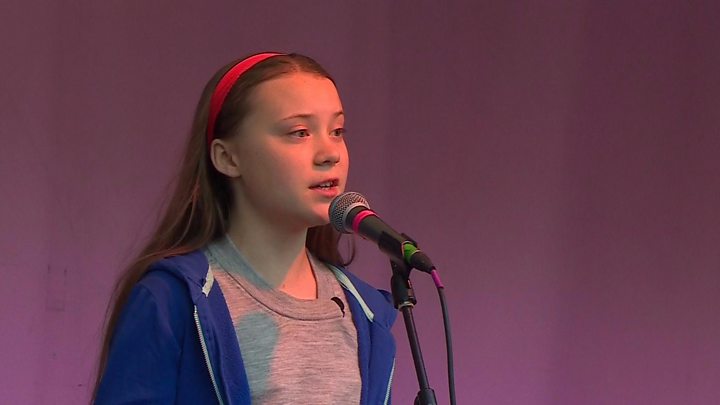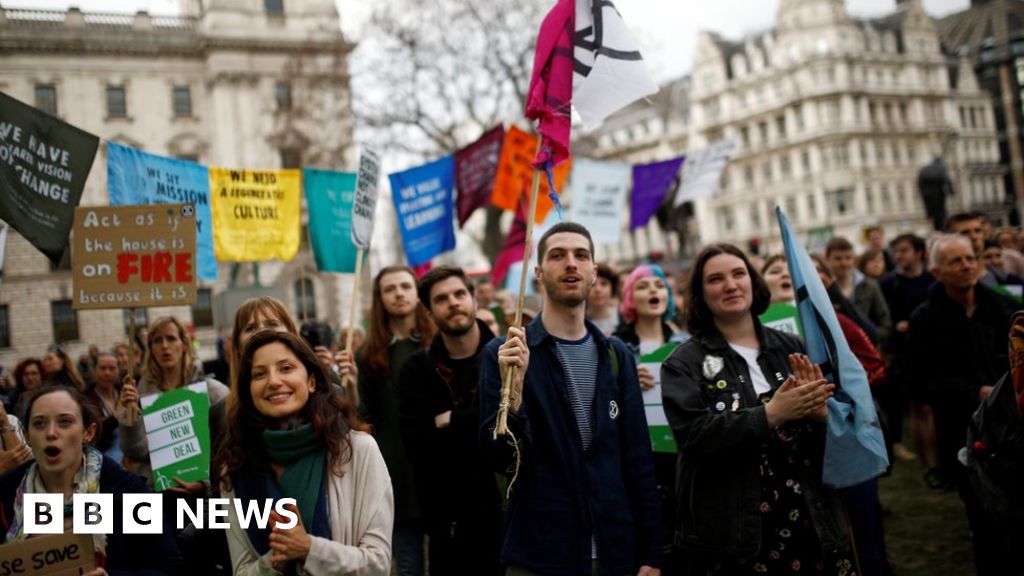LONDON — British voters punished the country’s two main political parties in local elections, according to partial results on Friday, with anger over Brexit cited as the most likely reason.
The governing Conservative Party looked set to lose the largest number of seats, with growing calls on the embattled prime minister, Theresa May, to resign.
Speaking at the Welsh Conservative conference on Friday, May said that the results were “very difficult for our party,” and that they showed that voters wanted both main parties to “just get on and deliver Brexit.”
She was heckled by a Conservative activist who stood up and shouted, “Why don’t you resign?” adding, “We don’t want you.” He was booed out of the hall, and May replied to the crowd in Welsh with “Good afternoon.”
Three years after Britons voted to leave the European Union, the vexing issue of Brexit seemed to still be a dominant force at the ballot box.
Local elections are usually contests over who can better organize the recycling bins and help out the shops on Main Street or sometimes even a protest vote against the governing party. But like all elections since the Brexit vote, these ones seemed to be something of a proxy vote on the 2016 E.U. referendum.
An even bigger test looms with Britain’s European elections on May 23, where Britain faces the awkward prospect of electing politicians to institutions it’s trying to leave.
Those results could be even more fragmented as two new political parties will be fielding candidates: Nigel Farage’s newly launched Brexit Party and a pro-E.U. party called Change UK.
The elections were held in many parts of England and Northern Ireland on Thursday, with results rolling in throughout the day on Friday. Not all councilors or districts are up for election every year.
Politicians in both of the main parties were quick to point the finger at Brexit for their poor performance. Over 8,000 seats were up for grabs in the elections; the Conservative Party had held over 60 percent of them going into the elections. At the time of writing, the Conservative Party had lost over 700 seats and the opposition Labour Party had lost more than 80 with two-thirds of the results in.
[Brits pretend they’re sick of Brexit. But truth is they’re obsessed.]
The Liberal Democrats, a pro-E.U. centrist party, and other smaller and independent parties, looked set to be the big winners of the day.
But as ever with Brexit, the vote was split, with some voters wanting it to hurry up and be over, while others didn’t want it to go ahead at all.
John McDonnell, a senior figure in the Labour Party, tweeted on Friday morning: “We’ll see what final results of local elections look like by end of day as they are pretty mixed geographically up to now but so far message from local elections — ‘Brexit — sort it’. Message received.”
Labour chairman Ian Lavery told the BBC that Brexit was “trumping” his party’s arguments against austerity. “People want to see Brexit over and done with,” he said.
Nicola Sturgeon, the first minister of Scotland and from the Scottish National Party, tweeted: “If the message Labour takes from English local elections is that they should now be the facilitator of a Tory Brexit, I suspect their troubles will just be beginning.”
May and the Labour leader Jeremy Corbyn are holding cross-party talks in hopes of finding a way through the Brexit impasse.
Tony Travers, a politics professor at the London School of Economics, said that the election results as of Friday morning appeared to be showing “disenchantment with Conservatives and Labour because of the broader of mess of Brexit.”
Read more:
Britain will not leave the E.U. next week after European leaders allow a short Brexit reprieve
Brexit: Parliament rejects soft Brexit, second referendum
Dump May? Approve her plan? Some scenarios for what might be next for Brexit Britain.
Today’s coverage from Post correspondents around the world
Like Washington Post World on Facebook and stay updated on foreign news
https://www.washingtonpost.com/world/europe/british-voters-with-brexit-on-their-minds-punish-main-parties-in-local-elections/2019/05/03/38bc32f6-6d93-11e9-a66d-a82d3f3d96d5_story.html
2019-05-03 12:28:44Z
52780283646711



